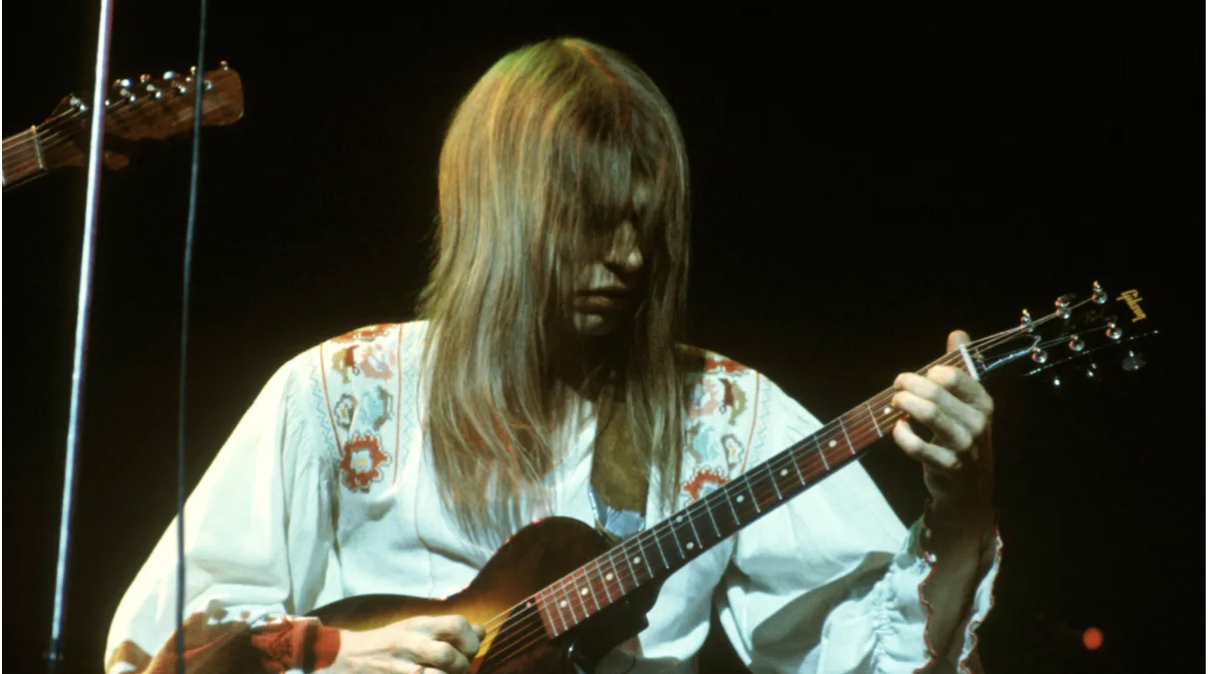
In the band new issue of Prog Magazine Steve Howe recalled how Yes were helped in their rise to success by supporting the already-established Jethro Tull on tour in America. You can get the new issue of Prog Magaine here...
By the middle of 1971, Jethro Tull had made real inroads in North America, headlining to several thousand people every night. On June 24 of that year, they began a month-long tour of the US and Canada. Supporting them was none other than Yes – then on the rise, but yet to make the same commercial breakthrough as Tull. Yes’s long-serving guitarist looks back on a tour that saw the two bands planting the flag of progressive rock in American soil.
Did you know Jethro Tull before you supported them in the US?
I remember seeing them on Top Of The Pops because Ian was such a flamboyant performer. They were the kind of band who did what the hell they liked – they mixed the progressive and the psychedelic and the folk and everything else. They found their own style.
How did you end up on that US tour?
We were very keen on making a mark in America. We’d seen what Tull had done – at that point they’d already done six or seven American tours. To us, they were streaks ahead of us. But we had ambition, and [Yes’s label] Atlantic connected us with [heavyweight US booking agency] Premier Talent. They put us with Jethro Tull – that was perfect for us.
Your first show opening for Tull was in Edmonton, Canada, on June 24, 1971. What do you remember about it?
Edmonton was quite a small city then, compared to New York or Toronto. There were big models of buffalo everywhere – it was very Canadian. When we walked on that stage, we knew this was a huge opportunity for us. We were very confident.
Did you socialise with Tull offstage?
We were two proggy acts, and we were very comfortable with each other. We didn’t force a connection, it just happened. It made it so much easier, it meant we could get on backstage. We were amazed that Ian had his stage outfit in a box about two foot square. When it first appeared in the dressing room, we went, “Wait, you keep your clothes in there?” In those days we carried our own stage clothes around in a suit bag.
Was there any competition?
Every band has an ego: “We’re the best band.” We enjoyed being with Tull, but when Yes went onstage, we thought we were very important. And we were – we had a great chemistry. It wasn’t, “Oh, we’re going to blow you offstage”, but it was a confidence that the music gave us, and it was the same with Tull.
How did you go down on that tour?
I think we shocked people to a degree. I’m not saying we were world-shattering, but I think we gave them something they knew they hadn’t really had before. There was a lot of interest.
Why did American audiences connect with bands such as Yes and Jethro Tull at that time?
It goes back to the individual way we each played our music. Both bands had this almost kinky, post-psychedelic, mixed-up music. You did need a tweaked ear to get into some of the complexities in some of things we did, and people liked it: “I’ve found my band.”
How significant was it in terms of prog in the US?
It was very significant. Tull had broken through and they were bringing another band who had the potential to break through as well. It was quite a formula.







